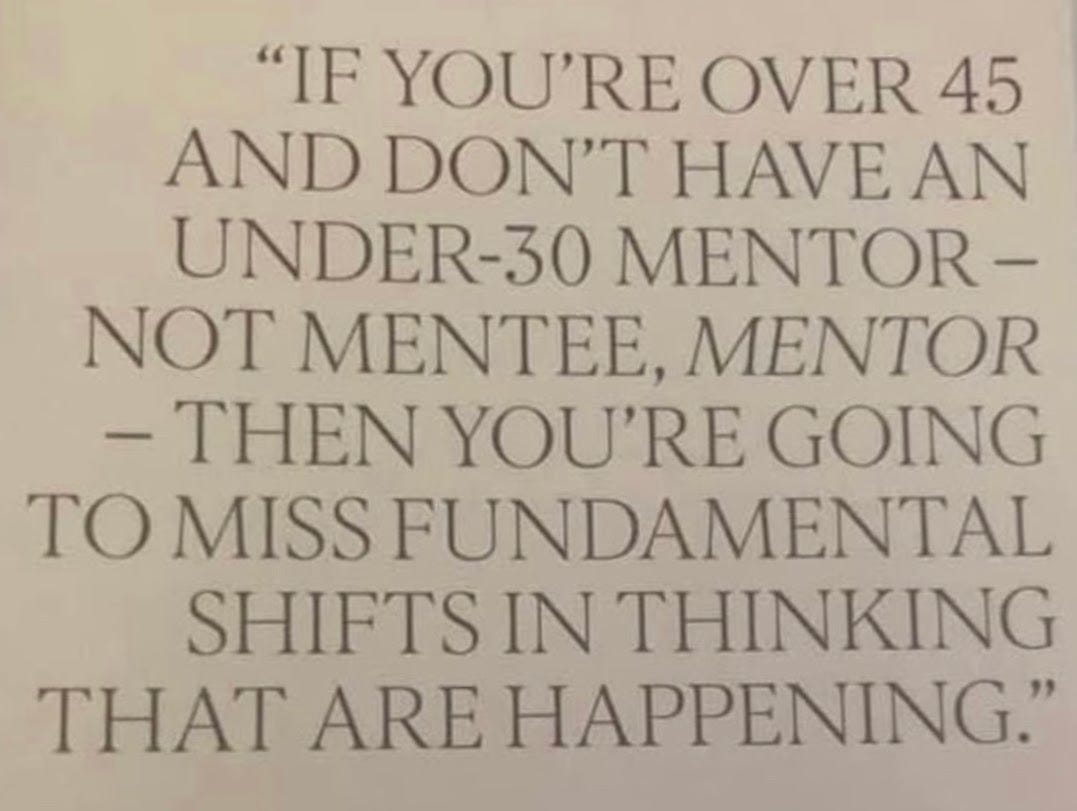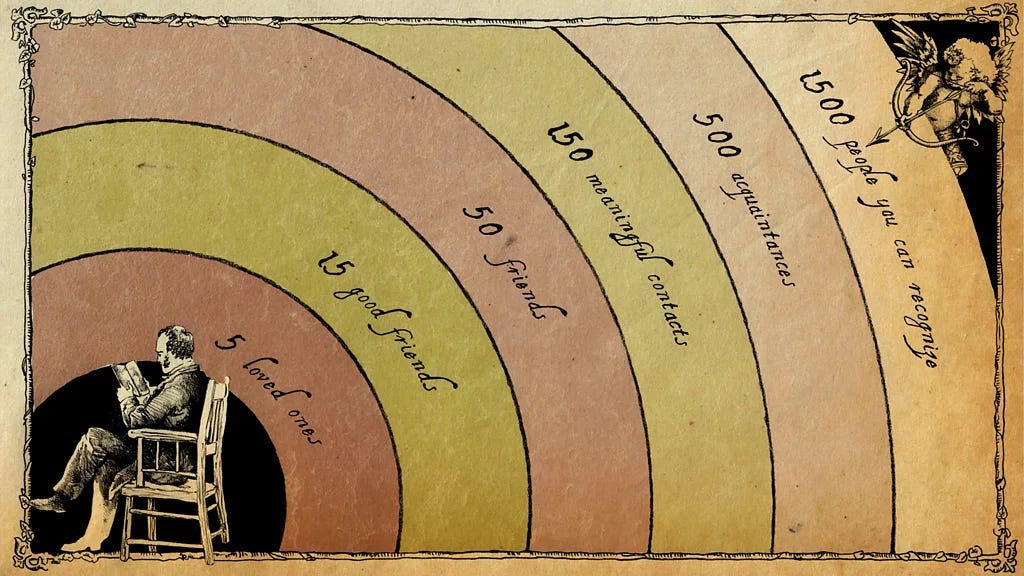5) March Blandness
Early March is a notorious dead zone for many sports fans. The NFL season is over, MLB opening day is weeks away, the NBA and NHL are mired in pre-playoff doldrums, and there are no major tennis or golf tournaments (unless you count Indian Wells and the Players Championship). People are so bored right now, they’re watching reruns of Mannix, starring Mike Connors.
But the prospect of March Madness — the NCAA Men's and Women’s Division I Basketball Tournaments, which run from March 18 to April 7 this year — means top-notch competition is just eight days away — sooner, if you count the conference championships which tip off March 12. (Remember: Pi Day falls on 3/14, so plan accordingly, unless you observe the holiday in Europe on 22/7.)
Mathematical constants aside, a substantial number of Americans are about to emerge from spectator hibernation. According to published reports regarding the men’s competition:
The 3-week, 68-team tournament regularly surpasses 100 million total viewers.
U.S. bettors are projected to wager nearly $3 billion on the 67 contests.
For all practical purposes, my bracket will be busted in the first round.
The odds of getting a perfect March Madness bracket are estimated at around 1 in 9.2 quintillion, which is presumably why Warren Buffett felt comfortable when he once offered $1 billion to anyone who could do it.
For those who can’t stand March Madness, there are many alternatives, such as:
World Women's Curling Championship (Uijeongbu, South Korea), March 18 – 23
NCAA Wrestling Championship (Philadelphia, PA), March 20 – 22
AFC Beach Soccer Asian Cup (Pattaya, Thailand), March 20 – 30
USA Artistic Swimming (aka water ballet) Collegiate Championship (Ypsilanti, MI), March 27 – 29
World Men's Curling Championship (Moose Jaw, Saskatchewan), March 29 – April 6
All-Ireland Senior Hurling [not curling] Championship (Dublin, Ireland), April 5 — and DraftKings already is listing the futures for that barn burner (see below). I hope Limerick lose; I'm tired of all the media coverage of Centre Forward Cian Lynch and his girlfriend Dayna Slattery.
4) “Knowledge is Good”
For those seeking even more intense competition, check out LearnedLeague, an online trivia community, where defense is critical and statistics abound.
Players are organized in leagues, and each league is sorted into divisions called "rundles." Competitors are promoted and relegated depending on where they finish in four 25-match seasons annually.
Founded by a then-bored law firm temp named Shayne Bushfield, the league has run continuously since 2000 and now boasts 28,000 players.
Each match day, two players compete in a one-on-one contest consisting of six questions (see samples here). A competitor plays defense by assigning a point value to each question for his or her opponent, about whom is known only the following: location, college, gender, and past performance — the latter in the form of the percentage of correct answers in 18 categories ranging from television, business, and geography to science, classical music, and world history.
The player who gets the most points in the match wins. This means, for example, that in any given contest, a player can get fewer correct answers than his or her opponent but still win.
The result is an Inside Baseball-like set of statistics (see here or below) that would thrill a Sabermetrics convention. In fact, a 2021 New Yorker profile said the league was “partly inspired by the ultra-granular baseball-reference.com.”
As for my own performance, let’s just say I’ve been relegated more often than Westmeath and Tipperary in the All-Ireland Hurling League.
3) End Times?
I know I’ve been going on about artificial intelligence. I’m not an AI expert, but I read too much not to be freaked out about it.
When Deepseek launched its chatbot on January 20, its low-cost-to-produce model stunned Silicon Valley and wiped out billions of market cap of chip companies like Nvidia. By January 27, it had become the most-downloaded free app in the iOS App Store in the U.S., surpassing ChatGPT.
A mere six weeks later, this may be old news. The new buzz is about Manus, another Chinese AI platform — this one agentic, meaning it exhibits autonomous behavior. According to a Forbes columnist over the weekend:
Manus is not just another chatbot, nor is it merely an improved search engine dressed in futuristic branding. It is the world’s first fully autonomous AI agent, a system that doesn’t just assist humans — it replaces them. From analyzing financial transactions to screening job candidates, Manus navigates the digital world without oversight, making decisions with a speed and precision that even the most seasoned professionals struggle to match. In essence, it is a digital polymath trained to manage tasks across industries without the inefficiencies of human hesitation.
Why not just go straight to Demon Seed?
2) Sidetracks
The good ol' days: “In retrospect this was the best smartphone. High productivity, low addiction. No infinite scroll, no engagement hacking, just messaging with your friends and typing emails very fast with that clicky keyboard. Someone should do a new one.”
I came across this interesting maxim:
Dunbar’s Number: 150, the hypothetical cognitive limit to the number of people with whom one can maintain stable social relationships.
1) Human Intelligence
The Economist published a stunning feature on Tyler Cowen, an economist and self-described “hyperlexic,” who “seems to know something about everything.”
According to the reporter, “On a good day, he claims to read four or five books. Secretly, I timed him at 30 seconds per page reading a dense tract by Martin Luther. Later, I sat next to him while he went through an economics paper. He read it at the speed of someone checking that the pages were correctly ordered.”
You can reap the benefit of Cowen’s information vacuuming on his web site, Marginal Revolution, where you can also sign up for his daily newsletter.
Why does he do it?
[T]here is no concrete return on most of the data-accumulating he does. He has been researching, unpaid, for decades, at a rate that would put most people in hospital.
“I don’t over-analyse it,” Cowen said…. “I once said to my wife – and this was a joke – but I said something like, ‘I’m not very interested in the meaning of life, but I’m very interested in collecting information on what other people think is the meaning of life.’ And it’s not entirely a joke.”










Adding Ypsilanti, MI for the USA Artistic Swimming Collegiate Championship to my bucket list, for sure.
Warren Buffett’s offer of moohlah for a perfect ballot inspired a joke in a David Letterman monologue. “I don’t know about basketball brackets, but someone should offer a million bucks to any husband who can load a dishwasher correctly.”